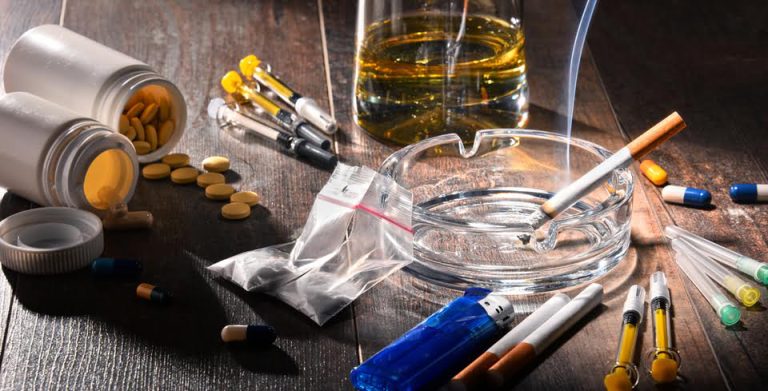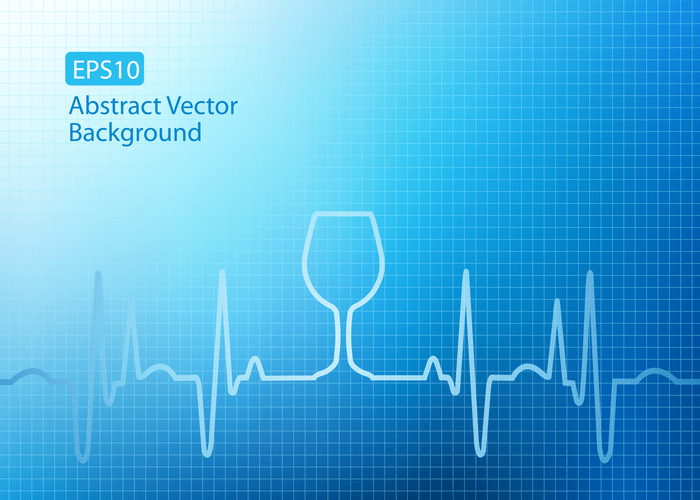Staying busy is a great way to stave off boredom and create space for healing the parts of your brain that took a walloping from drinking. It’s particularly therapeutic to find something drinking because of boredom to do with your hands. Right now, you’re doing a very hard thing, and sometimes hard things feel lonely. Fortunately, there are more ways than ever to connect with like-minded people who are fellow travelers on this path. Not on its own, but maybe it starts a conversation and a friend comes over just to sit with you and make sure you’re good. When I quit drinking, I was lucky to have a spouse that supported my decision.
- Kathleen was born and raised in Denver, Colorado, but spent half of her life in California.
- If you start drinking beyond this limit, your body will need more time to process it.
- While the holidays are indulgent, there’s also plenty of downtime (hint, hint) for learning how to deflect urges to drink.
- Pile on some sobriety struggle, and it’s a recipe for madness.
Understanding Alcohol Withdrawal
- There will always be a long lost friend who arrives on your doorstep looking to catch up over a few drinks.
- Reframe supports you in reducing alcohol consumption and enhancing your well-being.
- Sometimes boredom in sobriety looks like not wanting to be around anyone.
- There, she earned dual bachelor’s degrees before pursuing a master’s degree in psychology.
- Now that you know the chemical reason for your boredom, let’s explore additional factors that might be contributing to these feelings.
Drinking out of boredom because you feel anxious is likely to make you feel worse because alcohol is a depressant, so if you are already feeling low, it makes those feelings more extreme. When you join Sunnyside, you’ll start by completing a 3-minute private assessment so we can learn a bit about you. Once that’s done, you’ll get a 15-day free trial to test out everything, including our daily habit change tools, tracking and analytics, community and coaching, and education and resources. It’s a full package designed specifically to adapt to your goals, and help you reach them gradually, so you can make a huge impact on your health and wellbeing.
Alcohol artificially boosts serotonin and dopamine in your brain.

Plus, it helps us with our emotional sobriety and wellness. Early sobriety is a critical period when community and support networks are critical. This can be hard if your social life previously revolved around drinking. It’s even harder if your loved ones don’t support your sobriety. Let’s address another reason life without alcohol feels boring.
The Role of Habit in Boredom Drinking
It’s https://steuerberaterbocholt.de/2023/08/02/living-with-a-recovering-alcoholic-and-how-to-be-a/ why we might suddenly find ourselves reaching for that remote, a candy bar, or for some, a bottle of alcohol. Take control of the aspects of your life that you have some influence over and watch the world change around you. If you have someone you trust, let them know if you are feeling down or lonely – so they know you won’t mind if they check in with you more often. See if there are organisations around you where you could help out, that would love to use your skills and talents. Whether it’s your partner, friends or colleagues, ask those who know you for ideas of things you can experiment with to fill your time differently.
AspenRidge Recovery Treatment Programs
When you remove alcohol from your life, you free up all the time you spent drinking and recovering from drinking. If you ever sit down to do that math, you will shock yourself with how much time went towards drinking. Now that you know the chemical reason for your boredom, let’s explore additional factors that might be contributing to these feelings. Alcohol robs you of the ability to feel naturally motivated and inspired. The good news is that your brain can adjust and restore balance to your internal world. The longer you stay away from alcohol and give your brain some much-needed TLC, the less you’ll feel like life is dull and uninteresting.
Learning healthy coping skills, unfortunately, is not as intuitive as it might seem. Dealing with monotony and underlying mental health issues typically requires self-awareness and outside assistance through various forms of therapy addressing underlying conditions. At the moment, bored drinking might not have a negative impact on your work or family life. If you start noticing these side effects, it’s time to re-evaluate how you deal with boredom. It’s very common for Sober living home people, especially those with additional mental health issues like depression and anxiety, to drink out of boredom. Most people drink in order to fill a void of some sort, e.g. an unhappy relationship, an unfulfilling job, loneliness or feeling bored with your daily routine.

Building a Supportive Social Network
Exploring creative outlets and learning new skills can be a great way to find fulfillment and combat boredom without relying on alcohol. Physical exercise and outdoor activities offer a great way to stay active, have fun, and improve your mental health. Engaging in physical exercise and outdoor activities can boost your mental wellbeing and help you resist the urge to drink out of boredom. Some fun and exciting examples of physical exercise and outdoor activities include kayaking or fishing, camping, spin class, yoga, Pilates, CrossFit, Zumba, Bootcamp, and Class Pass. Boredom and binge drinking often go hand-in-hand, as drinking alcohol to pass the time and relieve boredom is a common occurrence.
It Impairs Physical Health
Mindfulness practices and stress management techniques can empower you to cope with boredom and negative emotions without turning to alcohol. Practicing mindfulness can help you become more aware of your emotions and triggers, so you can avoid turning to alcohol out of boredom. Stress management techniques can also help you manage difficult situations without alcohol.
Picking up that drink to get past feeling bored is a dangerous practice that can only get worse. You may automatically find yourself gravitating toward alcohol to pass the time, increasing the risk of developing an addiction. People often use alcohol to enhance experiences, but this kind of drinking is problematic because it makes you dependent on alcohol to not feel bored or to have a good time. For example, most people drink at concerts, sports events or parties to transform their experience and heighten the moment. Mindfulness is a powerful tool that can help you become more aware of your emotions and triggers. Practicing mindfulness or meditation can reduce the impulse to turn to alcohol when boredom strikes.
- Helping others actually boosts our own mental health and feelings of self-worth.
- Our reward system gets recalibrated to account for the frequent dopamine hits coming from the alcohol.
- Some fun and exciting examples of physical exercise and outdoor activities include kayaking or fishing, camping, spin class, yoga, Pilates, CrossFit, Zumba, Bootcamp, and Class Pass.
- But also, don’t be afraid to put yourself out there and get involved in activities around your community.
- I kept a notebook and pen beside my bed in case I woke up in the middle of the night with a brilliant song lyric or poem.
Support groups and education programs can also be invaluable in recovery. Resources from government websites and trusted organizations provide valuable information to help you understand treatment options and prepare for the recovery journey. Remember, seeking help is a sign of strength, and with the right support, recovery from alcohol abuse is entirely possible. Understanding when to seek treatment for alcohol abuse is crucial. Warning signs may include an inability to stop drinking, neglecting responsibilities, and experiencing withdrawal symptoms when not drinking.
